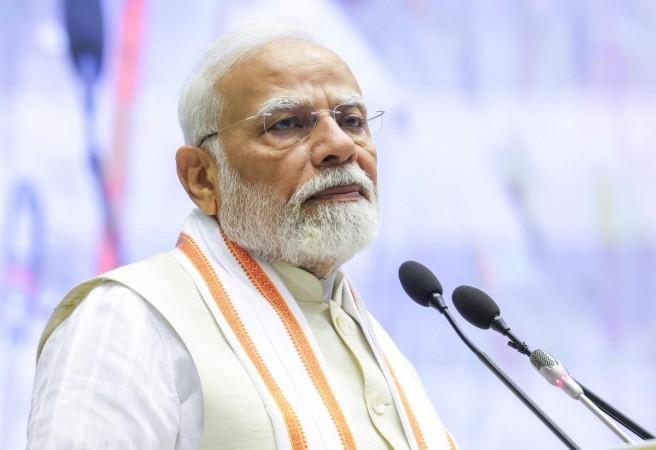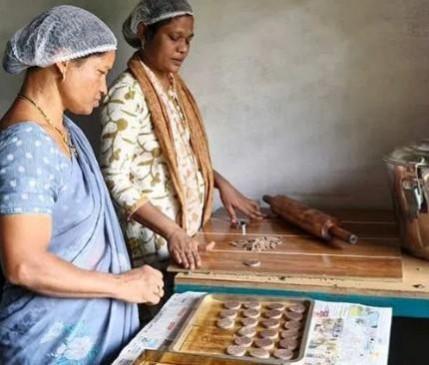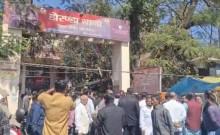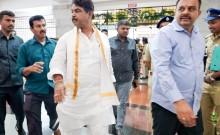
Prime Minister Narendra Modi, in his recent Mann Ki Baat address, spotlighted the pivotal role of women in India's socio-economic transformation. Through Self-Help Groups (SHGs), women are not only preserving cultural heritage but also driving economic growth. This movement, termed 'Women-Led Development', is reshaping the nation's future. Modi emphasized India's diversity, highlighting the unique arts, crafts, and skills across regions.
"Just as our India is known for its regional, linguistic and cultural diversity, the diversity of arts, crafts and skills is also a great quality of our country," he stated. This diversity is being harnessed by women who are leading initiatives with significant economic and cultural impacts.
One notable initiative is the production of Eri Silk in Meghalaya, which recently received the Geographical Indication (GI) tag. Eri Silk, also known as Ahimsa Silk, is a heritage product of the Khasi community, preserved and enriched over generations. Modi highlighted its unique production process, which does not involve killing silkworms, making it a non-violent and eco-friendly product.
"Eri Silk is like a heritage for Meghalaya. The Khasi community, in particular, has preserved it for generations and enriched it with their skills. Its most special feature is the way it is made. The silkworms are not killed to obtain it, hence it is also called Ahimsa Silk," he said. The global demand for sustainable products is rising, and Eri Silk is well-positioned to meet this demand, offering warmth in winters and coolness in summers.
The Prime Minister also praised the efforts of women in Telangana and Karnataka, who are making significant strides in economic empowerment through SHGs. In Telangana, women from Bhadrachalam, who once worked as laborers, are now producing millet-based biscuits called 'Bhadradri Millet Magic', marketed from Hyderabad to London. These women have also ventured into producing Giri Sanitary Pads, supplying 40,000 pads to schools and offices at low cost within just three months.
"You will feel proud knowing the success story of the women of Bhadrachalam in Telangana. These women, once working as labourers, are now making biscuits from millets -- Shree Anna. Their biscuits, named 'Bhadradri Millet Magic', are reaching markets from Hyderabad to London," he said.

Empowering Women Through Economic Initiatives
In Karnataka, women from Kalaburgi have branded traditional jowar rotis, which are now being sold in Bengaluru and through online platforms. This initiative not only preserves a culinary tradition but also increases incomes and empowers lives. "The aroma of these rotis is no longer limited to their village. A special counter has been opened in Bengaluru, and online orders are coming in. Kalaburgi roti is now reaching the kitchens of big cities. This is not just a culinary story -- it is a story of increasing incomes and empowered lives," the Prime Minister added.
The impact of these initiatives extends beyond economic empowerment. They are reshaping the development landscape of the nation, as women script their own success stories and contribute to the broader goal of 'Atmanirbhar Bharat' or self-reliant India.
A notable example of this empowerment is Suma Uike from Balaghat district in Madhya Pradesh. Her journey from joining a self-help group in Katangi block to running a Didi Canteen and a Thermal Therapy Centre is a testament to the power of self-reliance and community entrepreneurship. "This is the glow of self-confidence, of self-reliance. One such face is Suma Uike from Madhya Pradesh. Sumaji's efforts are very commendable. She took training in mushroom farming and animal husbandry by joining the Self Help Group in Katangi block of Balaghat district. Thus, she found her the path to self-reliance," PM Modi said. The Prime Minister's emphasis on women-led development is not just a recognition of the efforts of these women but also a call to action for the nation to support and promote such initiatives.
By buying and selling Indian-made products, particularly those produced by women-led SHGs, citizens can contribute to the Atmanirbhar Bharat Abhiyan and infuse new energy into the economy. Historically, the empowerment of women through economic initiatives has been a significant driver of social change. In many parts of the world, women have led movements that have transformed communities and economies. The Grameen Bank in Bangladesh, founded by Nobel Laureate Muhammad Yunus, is a prime example of how microfinance and self-help groups can empower women and lift entire communities out of poverty.

















